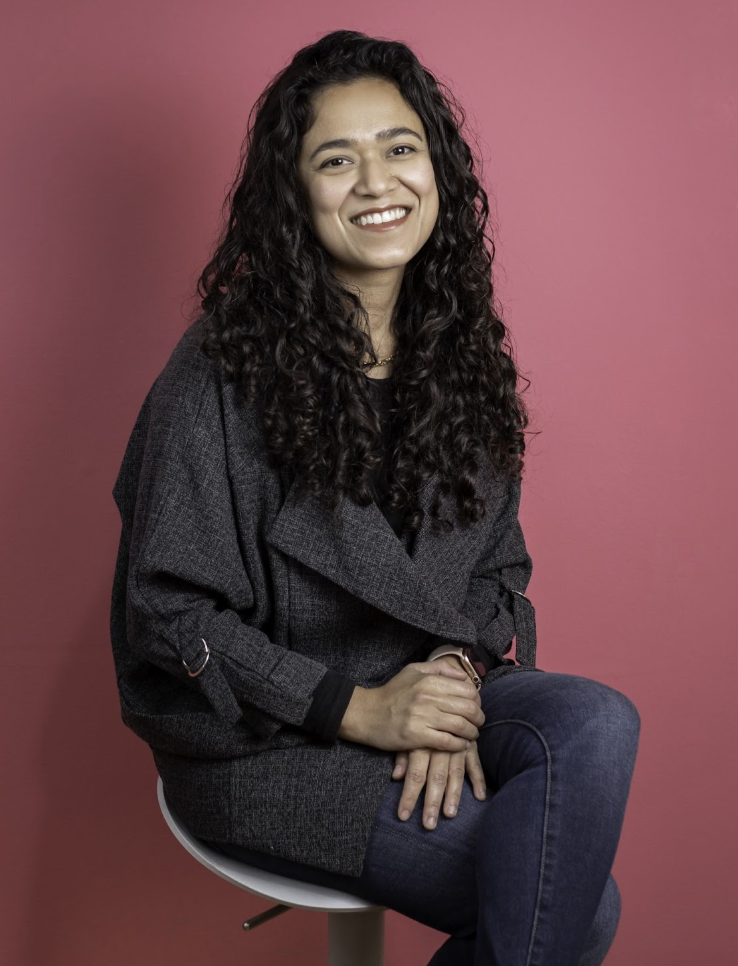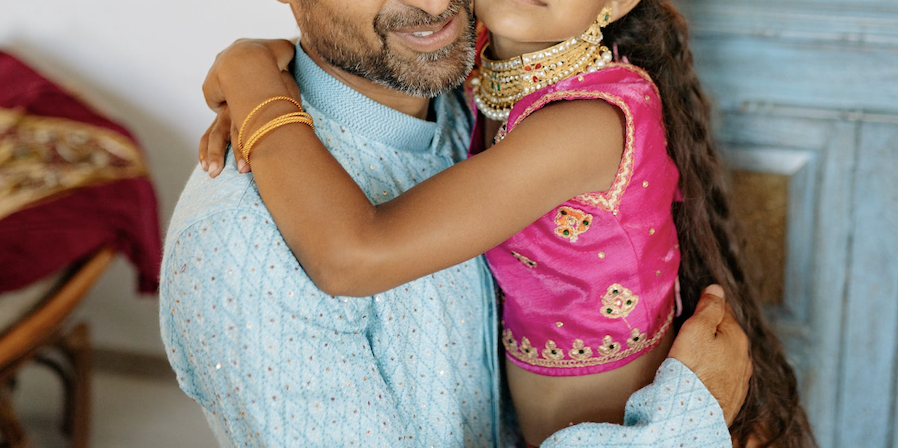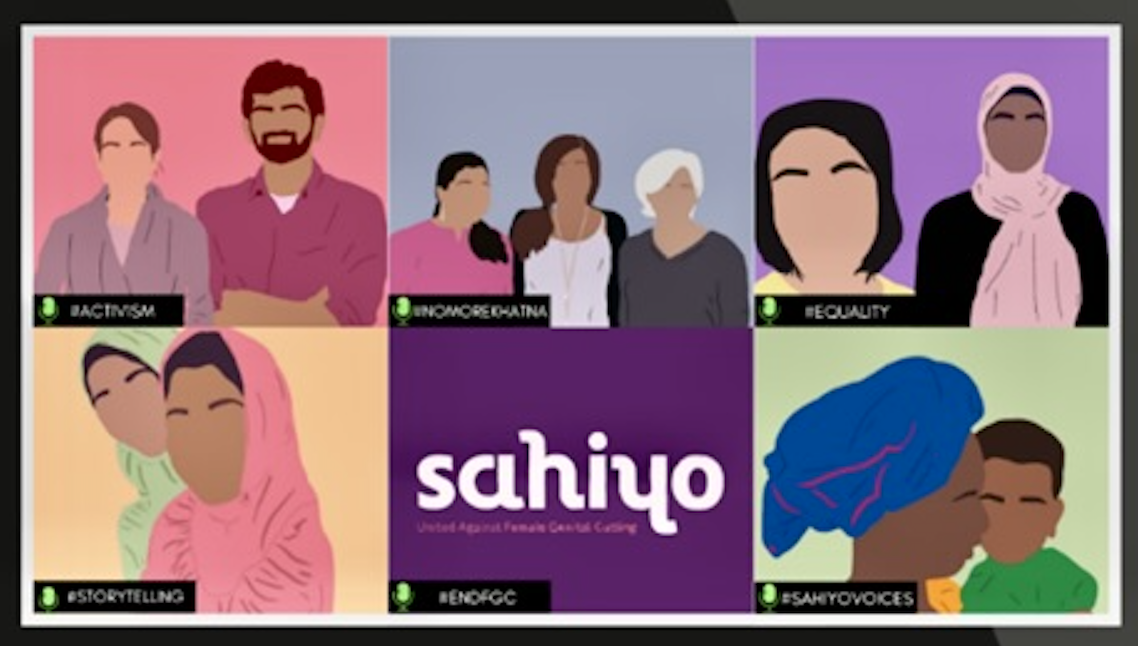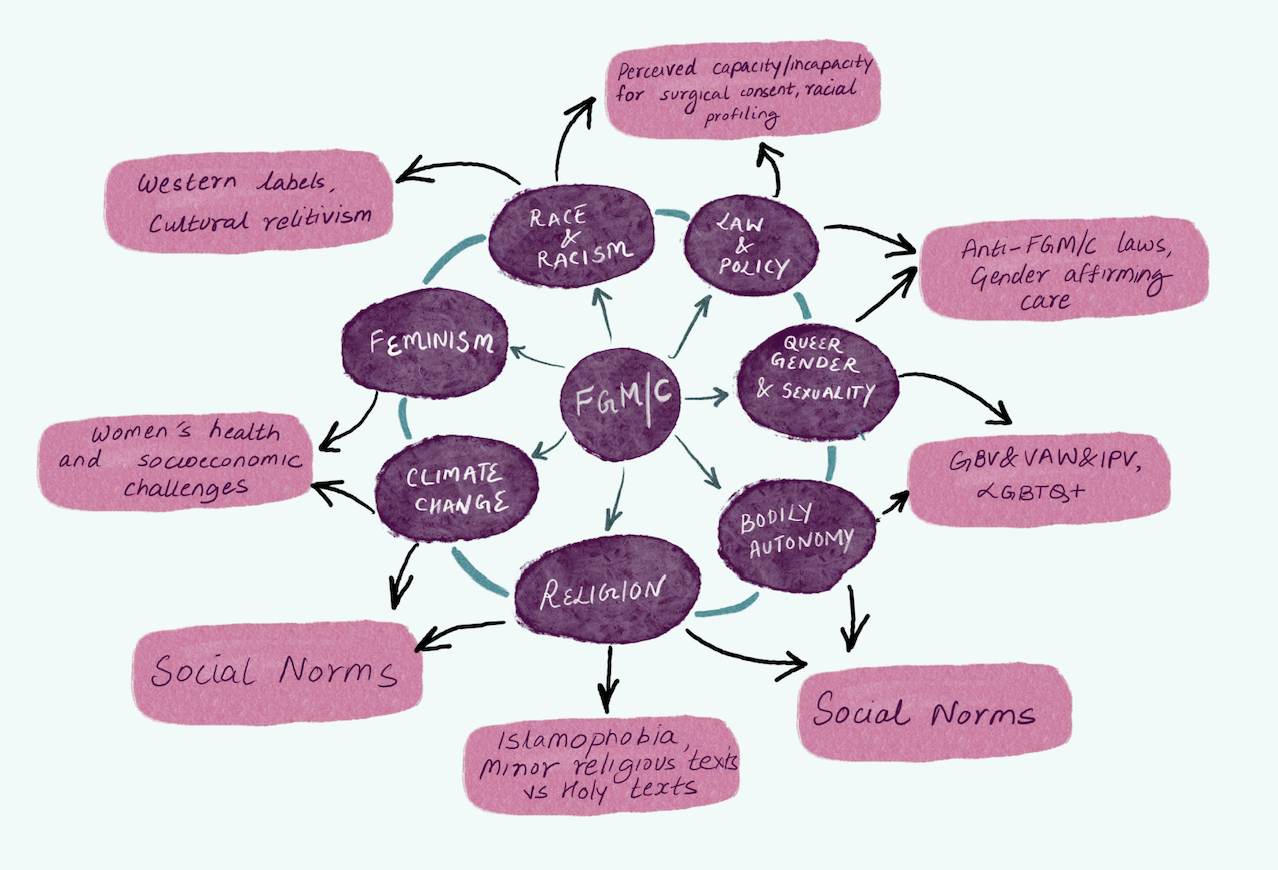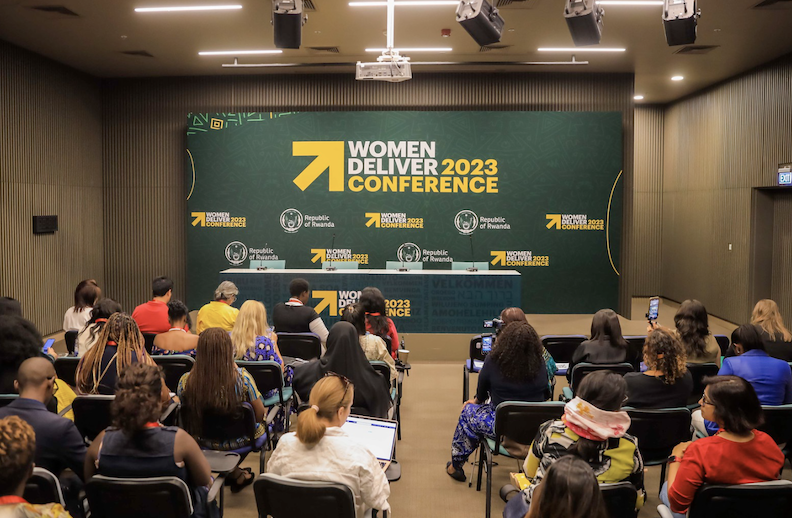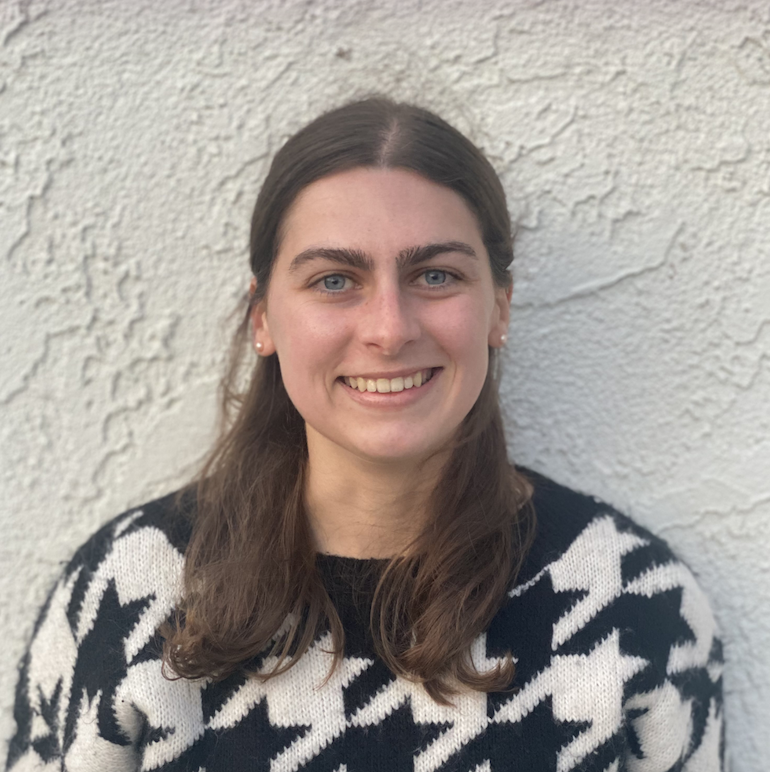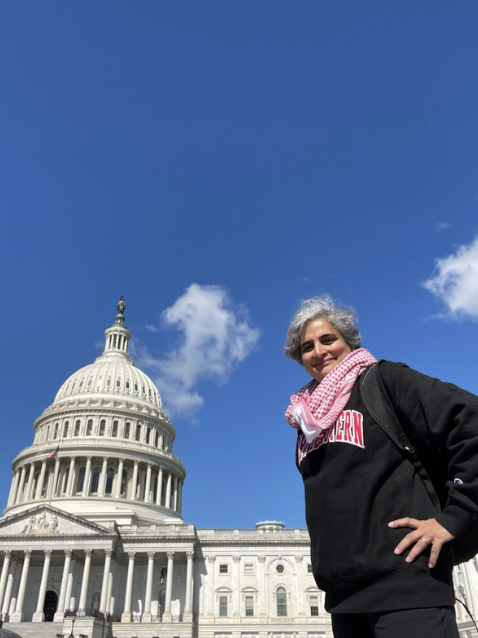In celebration of World Sexual Health Day on September 4th, I had the opportunity to sit down with Dr. Awwad to learn about the types of care and support Restore offers survivors as they navigate their relationships with their bodies, their partners, and themselves. The results of this discussion will be shared in two parts: I first explore how FGM/C impacts survivors' sexual health and the types of surgical and non-surgical therapies Restore offers their patients. The second part of this series will discuss tailoring sexual education for survivors and Restore’s role in FGM/C prevention.
When Restore opened in June 2020, it became Egypt’s first-ever multidisciplinary female genital mutilation/cutting (FGM/C) clinic. Co-founded by aesthetic and reconstructive surgeon Dr. Reham Awwad and urogynecologist and aesthetic gynecologist Dr. Amr Seifeldin, Restore offers a patient-centered approach to health care, where every FGM/C survivor’s treatment plan is tailored to meet their individual needs. Clinicians provide a number of different treatment options, but what makes Restore multifaceted is their emphasis on non-surgical interventions and helping survivors by practicing psychosexual care and sexual education.
“FGM/C impacts a woman’s sexual health on a massive level. First of all, the way I see it is that it starts from the day it happens”.
In Egypt, FGM/C is most commonly performed between the ages of 7 and 15 years-old, and the pratice will often cause survivors to experience some type of disconnect with that part of their body.
“There’s a word in Arabic [Kamla], which means complete. So, you always hear women saying ‘I don’t feel complete’, ‘I don’t feel confident’, ‘I don’t want my husband to look at me.’”
One of the well-known impacts of FGM/C on sexual health is related to physical sensation. Sensations can range from decreased, to painful, to completely non-existent in cases where survivors may have experienced nerve damage.
“It’s an uncomfortable part of their body that they don’t feel the same about as they do with the rest of their body. At least that’s the impression that I’ve gotten from the women I’ve spoken to.”
This lack of sensation can negatively impact survivors’ experiences with self-exploration, intimacy, or sexual intercourse with their partners.
To address these cases of limited to no physical sensation, Restore offers survivors a number of different surgical and non-surgical treatment options, ranging from clitoral reconstructive surgery, to regenerative and functional gynecology to platelet rich plasma (PRP) injections into specific sites of the genitalia.
However, before beginning any of these surgical or non-surgical treatment options, Dr. Awwad will ask patients with decreased sensitivity whether or not they feel pleasure if they are touched anywhere else on their body.
“If [the patient] answers ‘no’ then I know there is definitely a psychological aspect involved.”
This psychological component to physical pleasure is why psychosexual care is crucial for survivors of FGM/C, and why clinicians at Restore employ a multi-disciplinary approach when it comes to tailoring the treatment plans to their patients’ needs.
“We keep our treatments side by side. For example, if we have a medical intervention that we’re going to do [and] we believe that it will be more successful after psychological counseling, we will wait… you will get a much, much, much better result than if you just do a medical intervention. [With just a medical intervention] you might not get the result that you want. So, we try to push for this when it comes to issues of sexual health”.
This is especially true when it comes to some surgical treatments, such as clitoral reconstructive surgery, where there may be a risk that the patient might relive their experience of being cut.
“You have to understand that there is a psychological aspect that ties into your sensation. That is why we always, always recommend for every single one of our patients to have at least one free assessment with our counselor or psychosexual therapist.”
Offering patients at least one free psychological care session is one of the many ways that Restore is working to eliminate the barriers to care services that survivors of FGM/C face.
“Psychological care costs money. That’s why we are trying to do a program to get funding just for psychosexual counseling, so we can make it easier for [survivors] to continue [care] because we know they will need months of therapy and they can’t afford it.”
This type of funding would be invaluable to survivors who have had to discontinue their therapy sessions due to financial constraints. When looking toward the future of Restore, Dr. Awwad sees herself and her colleagues not only providing medical treatments and psychosexual therapy, but also conducting research on how to really impact the future of treating FGM/C.
“It’s important we have more options. Clitoral reconstructive surgery and psychological counselling is not enough – it is not even anywhere close to enough.”
To find out more about Restore, or to learn how you can support the funding of their curated care-programs for survivors, please visit Restore's website or follow them on Instagram.
Learn more about psychosexual care for FGM/C survivors from Sahiyo’s trauma series here. You can also learn more about the former webinars hosted by Sahiyo on sexual health and wellbeing here and here.

